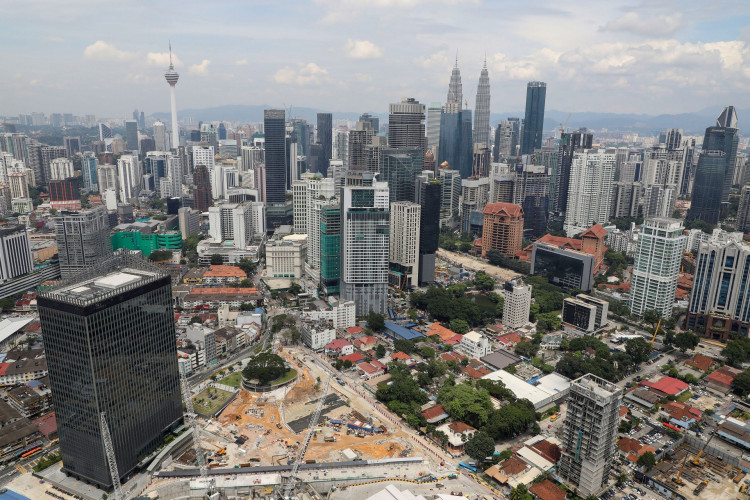Malaysia is still the leading country in this year's Global Islamic Economy Indicator (GIEI) report, with different segments of its halal industry posting significant growth among other Asian and international economies.
According to the Malay Mail, the seventh State of the Global Islamic Economy Report (SGIE) 2019 focused on different criteria such as lifestyle segments, Islamic finance, and other aspects of the halal industry.
The most notable aspect of Malaysia's halal products sector is its digital economy. The country has also poured efforts in bringing in industry players from around the country and the world to drive growth in the halal industry.
Out of 73 countries, joining Malaysia in the top five of the GIEI report are Indonesia, the United Arab Emirates (UAE), Saudi Arabia, and Bahrain. The said countries showed strong growth in halal finance development and other products under the sector.
The Malaysia Digital Economy Corporation (MDEC) has been working with halal regulators around the country in hopes of establishing a more rounded set of rules and policies that will seek to boost activity in the industry.
As part of the Malaysian government's efforts in promoting the halal industry, it was confirmed on Saturday that the new Vietnam Market project will be opened in the country in March 2020.
The market will open in Kuala Lumpur, featuring 24 storeys in the Safuan Plaza and will offer 200 stalls of for Vietnamese business in different segments. However, one of the main goals of the project is to encourage the import of Vietnamese halal garments into the country.
According to Viet Nam News, chairman of Safuan Group, the company that owns Safuan Plaza, Tansri Matshah Safuan, noted that he wants to see more Vietnamese businesses explore trade possibilities in Malaysia, "especially halal garments."
Safuan went on to encourage companies and brands around the world to consider expanding their customer base in Malaysia as the halal industry starts gaining traction around the world.
While Malaysian halal brands have yet to start operating on an international scale, the country is expecting more activity in the Asia-Pacific through its trade with Vietnamese halal garment providers.
In Southeast Asia, Indonesia is among the countries that has been working on improving its halal industry and related services. Last month, the country's Halal Product Law (Halal Law) took effect, paving the way for products under the sector to be certified before entering the Indonesian market.
Initially, the law will be implemented on products such as cosmetics, food and beverages, and drugs. Other products will then have to comply with Indonesia's Halal Law by 2022 to prevent government policy violations and trading restrictions.






